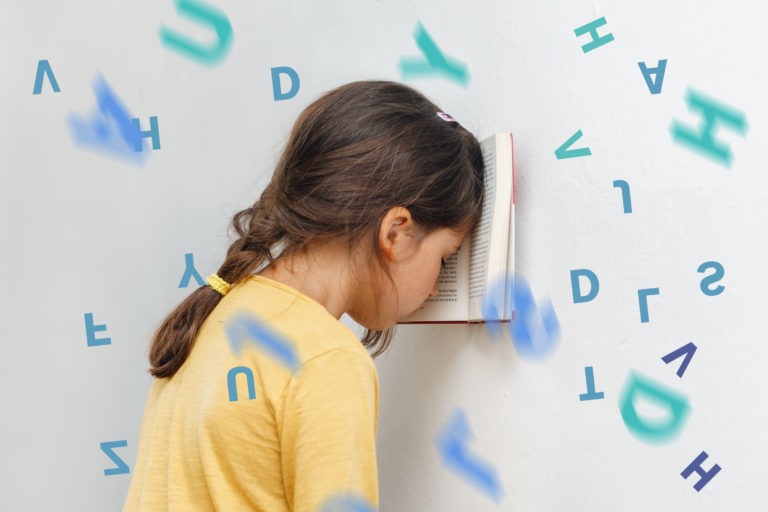No child should be left behind.
Is Your Child Finding Reading And Writing Difficult? Are They Behind At School?
Falling behind at school can be really tough for some children and for parents.
I meet many children who struggle to keep up in the classroom. They often feel like reading and writing is too hard, too boring or that they’re just not smart enough. The reality is they are not being taught in a way that makes sense to them and they struggle.
Reading isn’t magic – it’s a complex skill, built on a strong understanding of language.
1 in 3 children are behind in literacy in Australia (Grattan Institute Report-Feb 2024). The system isn’t working and children are falling behind.
But there are solutions, evidence-based programs like Sounds-Write focus on the essential building blocks of phonemic awareness (understanding the sounds in words) and phonics (the link between sounds and letters) which teach children to decode words with confidence, instead of struggling to recognise them by sight alone.
With the right resources, every child can catch-up, but they will need additional support.
What Can You Do?

Support at Home
You can support them at home. Educate yourself about which literacy programs are backed by science and are evidence based. These programs work! Do not leave things to chance and waste precious time by using a program that is not evidenced based. My Blog can help.

Be Consistent
Be consistent with any learning and follow the program you have chosen with fidelity. One of the reasons these programs work so well is that they are structured. Follow the structure!

Find a Tutor
A good Tutor will work with your child and get them caught up with Literacy. It is important to find one that supports your child, takes time to connect with them and is trained in at least one evidence based program. A good Tutor will do an assessment, provide material for practice at home and keep you up-to-date on your child's progress.
Considering Tutoring?
I offer supportive evidence based instruction that is individually tailored to every student.

In Person
First step is to assess phonemic skills and code knowledge. Assessment findings inform planning with any gaps in learning specifically addressed.
Ongoing weekly sessions follow the structured and systematic phonics program Sounds-Write.
Sessions are 45mins

Online
Online sessions are everything that your child would receive in person but we do it virtually.
Sessions are interactive and engaging.
We work together using white boards and a fantastic interactive online portal.

Assessment
A written report of findings that outlines the competence level for both phonemic skills and code knowledge.
It is not a diagnostic tool but it is an excellent tool for highlighting gaps in learning and for determining where the best place to start is.

Parents
Information sessions for parents. The sessions provide information on how to help your child, particularly offering scripted responses for error correction and an overview of current best practices.
After this session you will know exactly how to help.
Sounds-Write Trained & Certified
Sounds-Write is an evidence-based program proven to be highly effective and in order to deliver it you must be trained and certified, which I am.
Because it uses a systematic, structured approach based on the latest research in linguistics and cognitive psychology you can trust it works.
With it’s explicit, multi-sensory & code-oriented approach it is a valued and trusted program for teaching all types of learners and is validated by many Literacy Foundations (including SPELD in Aust.).
If your child is lucky enough to have an evidence-based program at school, whether it be this one or another, this program will seamlessly support.
Benefits
Experience
An experienced tutor can and should adapt to student needs. They know how to scaffold learning, reducing cognitive load to ensure students understand and learn complex skills.
Targeted
Targeted instruction helps your child fill in the gaps and develop strong reading and writing skills faster. A good tutor will communicate where these gaps are and how your child is progressing.
Consistent
Weekly tutoring session ensures regular practice. Consistent practice is a key element to developing reading and writing skills and it can be difficult finding time to do this with a busy family schedule.
Supportive
One-to-one teaching is invaluable! And a good tutor will always make sure to deliver sessions in a supportive environment. Mastering new challenges builds confidence, so creating an environment that fosters connection and trust is a must.
What Parents Say


